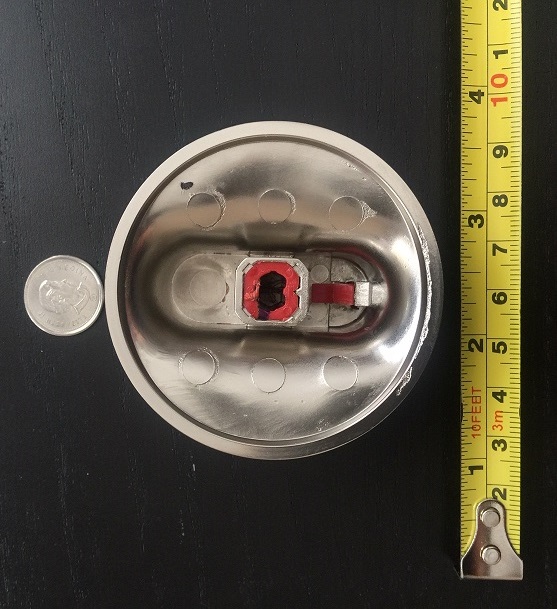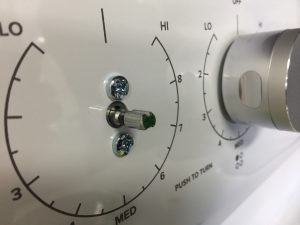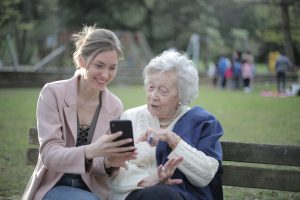 The COVID-19 pandemic has forced a rethinking of what it means to stay connected with loved ones in care homes. A study led by Dr. Lilian Hung, RN, PhD., Canada Research Chair in Senior Care, and, founder and head of UBC IDEA lab (Innovation in Dementia & Aging) found that the use of assistive technology, such as Tochie, can enhance and facilitate connections between residents and their families in LTC homes. This research has been successfully published in the International Journal of Older People Nursing.
The COVID-19 pandemic has forced a rethinking of what it means to stay connected with loved ones in care homes. A study led by Dr. Lilian Hung, RN, PhD., Canada Research Chair in Senior Care, and, founder and head of UBC IDEA lab (Innovation in Dementia & Aging) found that the use of assistive technology, such as Tochie, can enhance and facilitate connections between residents and their families in LTC homes. This research has been successfully published in the International Journal of Older People Nursing.
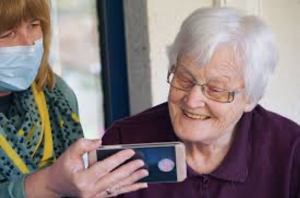 The purpose of this study was to assess the feasibility and acceptability of using Tochie to improve resident-family connections, and to investigate user experience, impact and lessons learned. Participants included residents, family members and care staff from two LTC homes in British Columbia, Canada. A Tochie was provided to each resident to use with their family members over a 4-week intervention period. The research team provided support and gathered feedback from family members and care staff through weekly phone and email correspondence. Qualitative descriptive design was used, including pre- and post-intervention focus groups and interviews held via Zoom and phone to gather participants’ experiences with Tochie.
The purpose of this study was to assess the feasibility and acceptability of using Tochie to improve resident-family connections, and to investigate user experience, impact and lessons learned. Participants included residents, family members and care staff from two LTC homes in British Columbia, Canada. A Tochie was provided to each resident to use with their family members over a 4-week intervention period. The research team provided support and gathered feedback from family members and care staff through weekly phone and email correspondence. Qualitative descriptive design was used, including pre- and post-intervention focus groups and interviews held via Zoom and phone to gather participants’ experiences with Tochie.
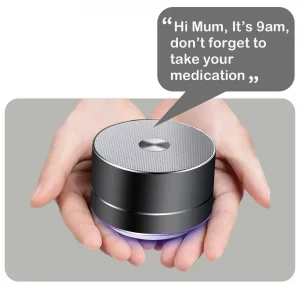 The study concluded that that the use of smart assistive devices like Tochie can enhance connectedness and is feasible and acceptable for residents, families, and staff in LTC when adequate support is in place and user and setting factors have been considered. The study also provides valuable insights into the practical implementation of assistive technology for resident care in LTC and offers four key recommendations, represented by the acronym LOVE: (1) Learn the care context and limitations, (2) Observe and adapt to situations, (3) Value the user’s needs and (4) Enable the option to personalize.
The study concluded that that the use of smart assistive devices like Tochie can enhance connectedness and is feasible and acceptable for residents, families, and staff in LTC when adequate support is in place and user and setting factors have been considered. The study also provides valuable insights into the practical implementation of assistive technology for resident care in LTC and offers four key recommendations, represented by the acronym LOVE: (1) Learn the care context and limitations, (2) Observe and adapt to situations, (3) Value the user’s needs and (4) Enable the option to personalize.
To read the full published paper
Click here to learn more about Tochie

